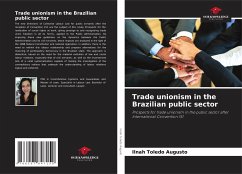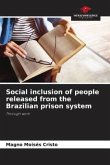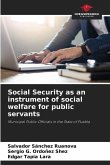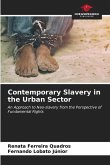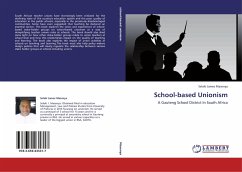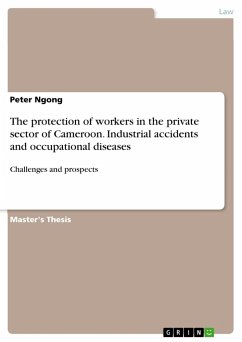The new directions of Collective Labour Law for public servants after the reception of Convention 151 are the subject of this study. Prospects for the realisation of social rights at work, giving prestige to and recognising trade union freedom in all its forms, applied to the Public Administration. By imposing these new guidelines on the dynamics between the Public Administration and its civil servants, these impacts are analysed in the light of the 1988 Federal Constitution and national legislation; in addition, there is the need to rethink this labour relationship and propose alternatives for the maturing of participatory democracy in the Brazilian state. The approach is dialectical, based on the need for the material evolution of law and social labour relations, especially that of civil servants, as well as the inconvenient lack of a solid systematisation capable of making the investigation of the contradictory notions that underpin the understanding of labour relations logical and coherent.
Bitte wählen Sie Ihr Anliegen aus.
Rechnungen
Retourenschein anfordern
Bestellstatus
Storno

